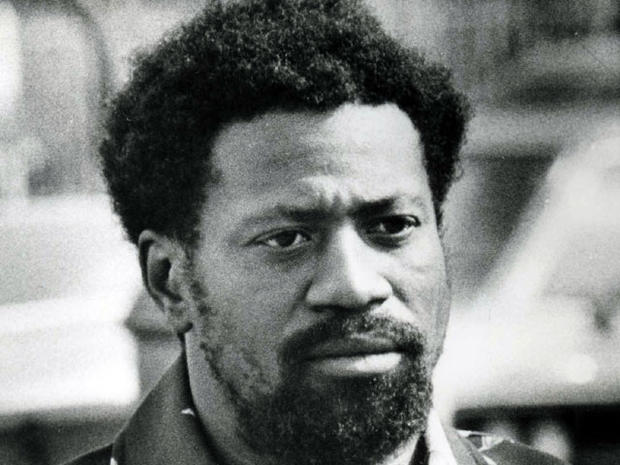"Skid Row Stabber" Gets Calif. Conviction Overturned After 30 Years in Prison
LOS ANGELES (CBS/AP) Bobby Joe Maxwell, believed to be the Los Angeles "Skid Row Stabber" who killed homeless men in the 1970s, had his life sentence and murder conviction overturned Tuesday. A federal appeals court ruled the case against him was based on lies from a notorious jailhouse snitch.
Maxwell, who was convicted of two homeless deaths in 1984, spent more than 30 years behind bars before the 9th U.S. Circuit Court of Appeals in San Francisco ordered he should be granted a new trial or released. He was accused of 10 killings that occurred from 1978-'79 in Los Angeles.
Prosecutors originally sought the death penalty for Maxwell, but a jury ruled in favor of a life sentence without parole after hearing testimony about prisoners who had been wrongly executed.
In its 42-page decision, the appeals court called the case's jailhouse informant, Sidney Storch, a "habitual liar" whose many arrests included one for impersonating a Central Intelligence Agency officer as well as Howard Johnson, heir to the Howard Johnson hotel franchise.
Prosecutors didn't appear to have much against Maxwell until Storch emerged. The only physical evidence in the case was a palm print found on a bench in an area Maxwell frequented, said the appeals court. Storch, who was Maxwell's cellmate for three weeks, read about the palm print in news accounts and claimed he asked Maxwell about it.
He said Maxwell confessed to the killings and said he forgot to wear gloves during the stabbings. However, Maxwell denied ever making that comment and "maintained that he was innocent and that Storch was lying throughout the nine month trial," the court noted.
The appellate court also indicated that, among other violations, jurors were never aware that Storch worked out a deal with prosecutors for an early release from prison if he testified against Maxwell.
The court ruling detailed Storch's long history as a liar and forger, and said his false testimony in several cases played a role in a wide-ranging informant probe that rocked the Los Angeles County justice system in the 1980s.
According to the court, Storch would often use articles to familiarize himself with details of a case, and then would claim to have heard confessions.
He was later caught later caught fabricating evidence and charged with perjury, but died in prison before he could be tried.
It would be difficult for Maxwell, now in is 60s, to be tried again in the case with the lack of physical evidence against him and Storch dead. Prosecutors could seek a rehearing of the case, or he could walk free.
